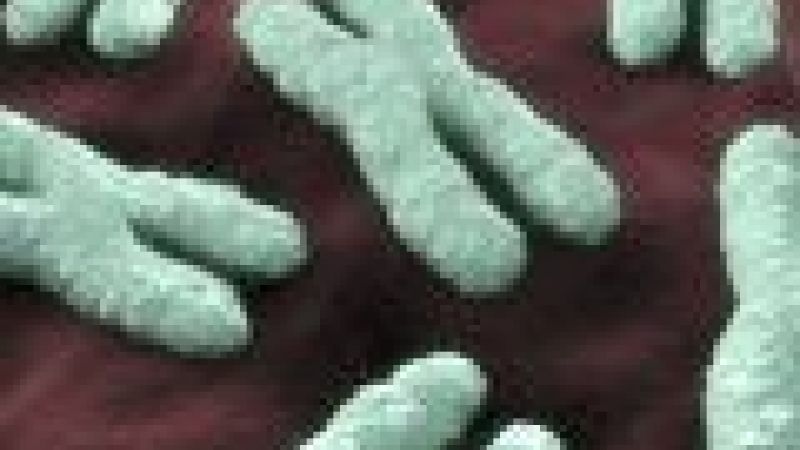Text to go here...
Researchers have created a GM mouse that develops Parkinson's disease. This mouse will allow them to study progression of the disease and test new treatments without extensive use of monkeys.
Parkinson's disease is caused by a mutation on chromosome 12. There are a number of different mutations known to cause the disease, however the team looked at just one - LRRK2. Because the genes responsible for causing Parkinson's are very long, traditional genetic techniques are unsuitable. So the researchers used a technique called BAC (bacterial artificial chromosome) which uses sections of bacterial DNA to introduce the gene into the mouse DNA.
The mice produced using this technique showed all the signs of Parkinson's seen in humans. This includes slowed movement and brain cell degeneration. At 10-12 months the transgenic mice were largely immobile with severe defects in their muscle function. However, treatment with levodopa (used to treat Parkinson's in humans) reversed these defects.
This suggests that LRRK2 is being expressed in the mice in the same way as in humans, so the mice offer the first model of Parkinson's disease based on a known genetic mutation, replicating features of the human disease.
Please see our page on Parkinson's disease which includes video content.
We also have a page on transgenic and GM mice.
Last edited: 11 January 2022 08:44



